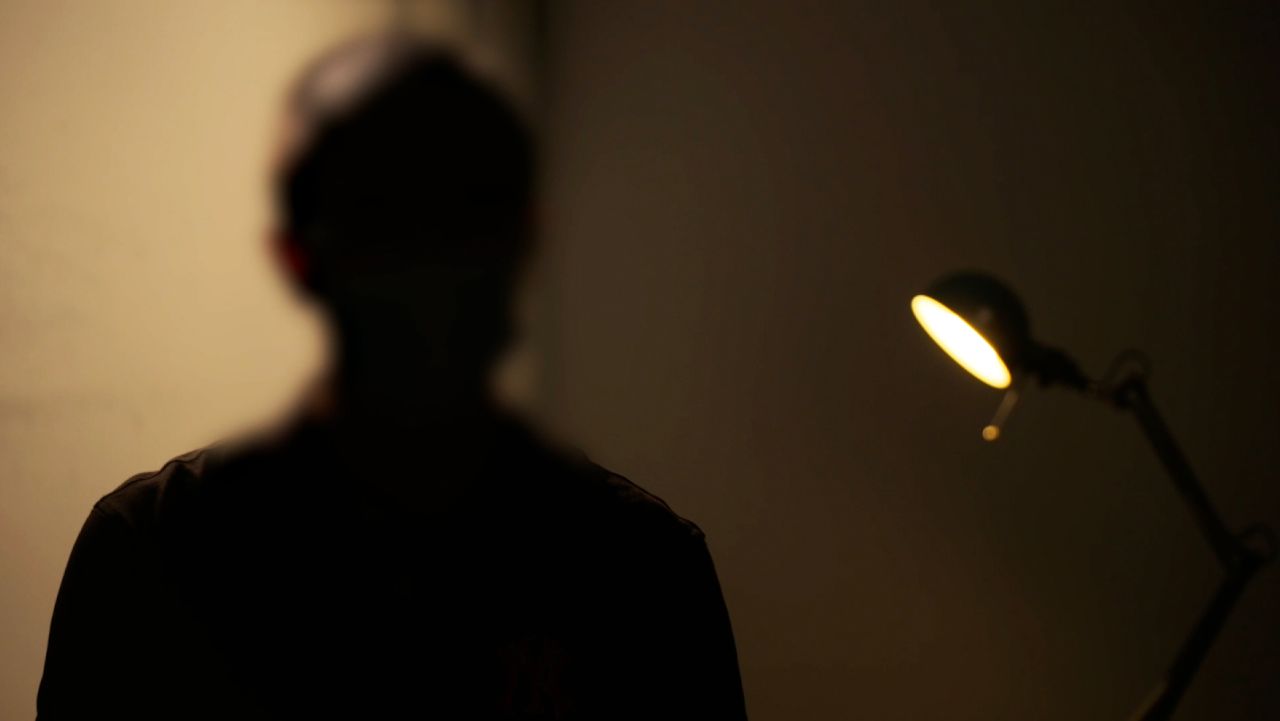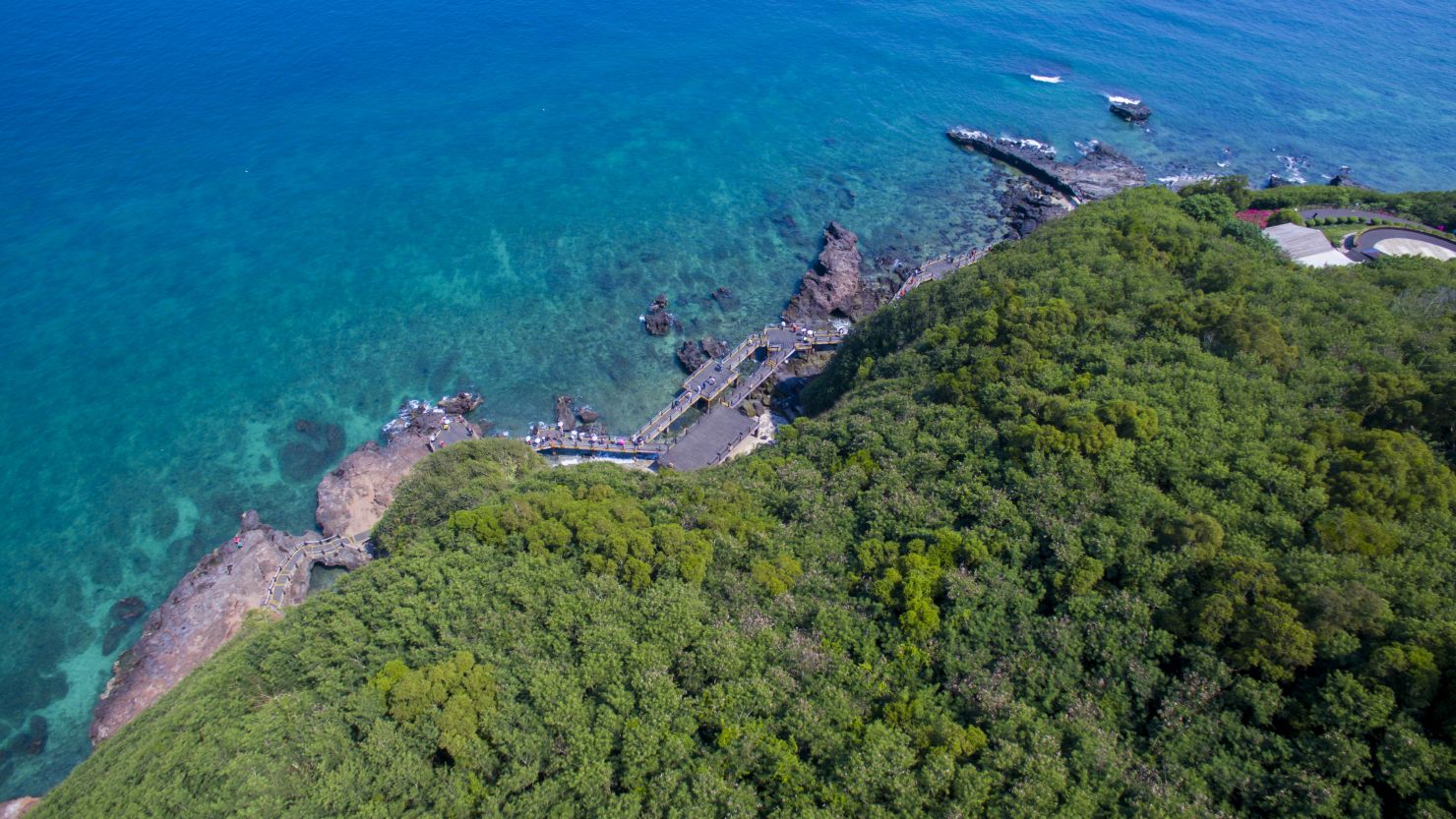More than 2,000 tourists have become stranded in a resort town in southern China after authorities imposed a snap lockdown to curb a coronavirus flare-up, as the country’s stringent zero-Covid policy continues to upend businesses and daily life.
The city of Beihai, a popular summer holiday destination known for its white-sand beach and volcanic island in the Guangxi region, has reported more than 500 infections over the past week – a major outbreak by China’s standards.
On Saturday, the Beihai government locked down urban parts of the city – where its resorts and tourist attractions are located – ordered mass testing and banned residents from leaving their homes.
The sweeping Covid restrictions also reached Weizhou island, an outlying islet over an hour’s boat ride away that is popular for its scenic coastline and beaches. Starting from Friday, tourists were told to leave the island, while hotels and guesthouses were ordered to refund guests unconditionally.
On Sunday, Weizhou island shut all entertainment venues, from bars, cinemas and massage parlors to swimming pools. Scenic spots across the island were also closed.
At a news conference Sunday, local officials said the more than 2,000 tourists who were stranded in Beihai would be treated based on their levels of Covid risk: those who had not been to medium- or high-risk areas, and who were not identified as a direct or secondary contact of an infected person would be allowed to leave providing they could show a negative Covid test; others would have to stay in the city and undergo quarantine.
Two officials in the city were removed from their posts for not taking adequate measures to prevent the virus spreading, state broadcaster CCTV reported.
The sudden shutdown of the tourist hotspot is the latest example of the economic pain inflicted by China’s costly zero-Covid strategy. Last week, the Chinese economy recorded its worst quarterly performance in over two years, after months of harsh lockdowns wreaked havoc across the country.

China’s tourism industry has been hammered by the seemingly unending travel restrictions and snap lockdowns, especially this year. During the Labor Day holiday in May, only 160 million domestic trips were made – down by a third from the same period last year, according to the Ministry of Culture and Tourism.
Many tourist destinations had hoped to see more visitors in the summer holiday, but highly transmissible new subvariants of Omicron have placed local governments under more pressure to control Covid flare-ups.
On Sunday, China reported nearly 600 locally transmitted infections – its highest uptick since May. At least 16 provinces across the country have identified locally transmitted Covid cases so far this month, according to the National Health Commission.
In Macau, the government said Saturday it would extend a citywide lockdown until July 22, as it grappled to contain the gambling hub’s biggest ever Covid outbreak.
Macau imposed the shutdown on July 11, closing its casinos and banning residents from leaving their apartments, except for essential activities such as grocery shopping. It has recorded about 1,700 infections since mid-June.




